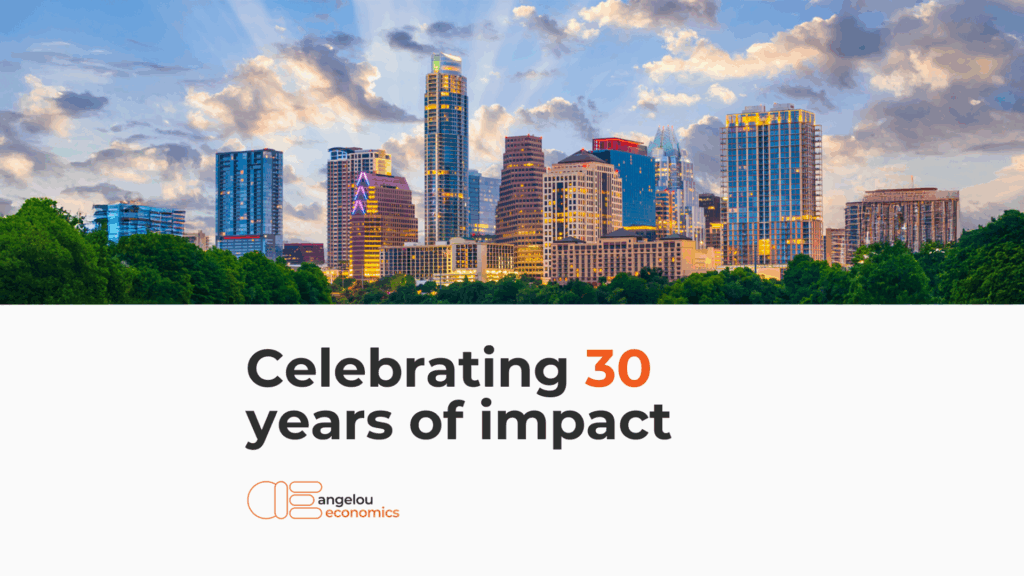Nicholas Samuel
Director of Research
Collecting information about your community is a key component to local economic development. Through business retention and expansion programs, many organizations already have a good set of data which can both help you better understand your local economy and the impact of the work you do. These are great pieces of information to collect, but every good economic developer should also keep and track data that allows them to understand the local economy outside of their established business retention and expansion programs.
Common indicators like unemployment rates, net new jobs, and property values are a good starting point, but you need additional context to understand what they mean. If your unemployment rate is low, are there employers have difficulty finding certain kinds of workers? Tracking what those occupations or skill sets are can give you a better sense of the local employment market. What kind of jobs are you gaining? Knowing this, and more importantly, tracking it can give you a sense of how these new workers may impact your community. Often the standard economic indicators simply point us to the kinds of information we need to truly understand how our local economy is fairing.
That’s why, as the IEDC points out in 2014’s Making it Count: Metrics for High Performing EDOs, it is best to have a strategic plan in place to what goals your economic development organization (EDO) wants to achieve. Without a plan, it is difficult to know which metrics will be important to measure and how they should be interpreted. Similarly, it is important to remember that we collect some metrics as an organization to measure the effectiveness of EDO initiatives and projects, while some are kept to simply allow EDO staff and other to better understand the local economy. There are a good number of reasons why EDOs should prioritize the first set of metrics, but the most effective and forward-looking organizations collect both.
With a plan in place, an EDO looking to begin collecting community-level metrics should, first, decide what metrics are important to collect and, second, what staff members will be responsible for collection and any distribution of the metric to the EDO team or presentation of findings that the metrics reveal on a quarterly or semi-annual basis. Determining what metrics are meaningful to your EDO may take some time, as it is usually the change between different time periods that is the most illuminating, but a handful that most organizations can start with would include:
- Total employment, total business establishments, and total wages by industry (monthly)
- Total labor force, unemployment rate, and labor force participation rate (monthly)
- Total employment, location quotient, and annual mean wage for key occupations (annual)
- Median household income and distribution (annual)
- Cost of living index, total and/or by kind of good (annual)
- Median gross rent and rent as a percentage of household income (annual)
- New housing units by type (monthly, or as data source allows)
- Total market value of properties (annual)
As mentioned, it is important to not only track these raw metrics, but the rate of change between time periods or for the year-to-date. That way you can better understand the seasonality or the potential trajectory that these metrics may have. While these data points alone may be revealing, it is best to benchmark your community against those of your neighbors, competitors, or communities whose success you find aspirational. Additionally, to make benchmarking easier, it will sometime be appropriate to create indexes or location quotients to ensure that these sorts of comparisons are meaningful.
Once again, don’t hesitate to move past the traditional set of metrics, such as the ones listed above, and track more specific or unique metrics to your community. If it looks as if vacancy rates or foreclosure rates are more informative to track than new housing units, feel free to change the scope of the metrics that you track (assuming your organization is behind this change). The community-level metrics that you collect and track are only as useful as the knowledge that they bring to the EDO and your community partners.














